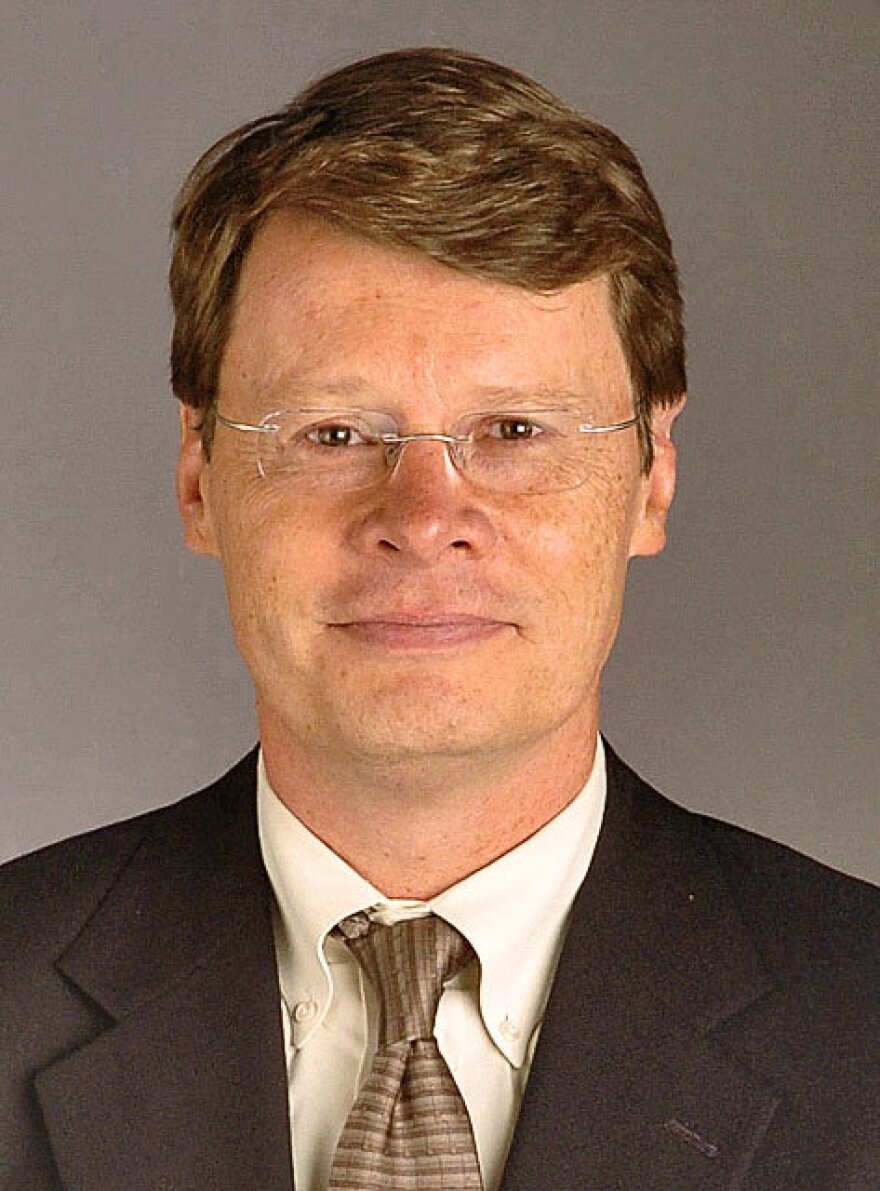The clock is ticking for Obamacare. The federal health care law goes into effect in one year – with uninsured Americans allowed to sign up for coverage in about ten months. Last Friday, implementation of the new law took a big step forward.
The Obama Administration certified that six states: Colorado, Connecticut, Massachusetts, Maryland, Oregon and Washington, had made enough progress in setting up their health benefit exchanges. The health benefit exchange is the new marketplace where uninsured Americans as well as small businesses will go to purchase affordable health insurance. These health exchanges will offer a range of insurance options and financial subsidies to low and middle income consumers.
New York State is in the process of setting up its health exchange in compliance with federal law, but has yet to be certified.
But what if a state created a health exchange and too few knew of its existence? Unfortunately, unless state governments develop very aggressive public education efforts, that possibility is real.
A recent analysis conducted by CVS Caremark found that 78 percent of consumers who would be eligible for new health care coverage under the federal health care reform law have never heard of the health benefit exchanges. In addition, 60 percent of respondents said that they believed that they will need help in understanding the new health care system. Even more shocking, when told that Obamacare guarantees them access to coverage regardless of health status, most refused to believe it.
Part of the reason for this widespread ignorance has to do with the toxic nature of the debate over the federal law. From charges of “death panels” to “socialism,” the debate over federal health care reform has ranged from reasonable differences to outright lies. In that context, it’s not surprising that so many Americans have no idea what the law will actually accomplish.
But the reason for this ignorance doesn’t matter, what matters is that people will soon learn about their responsibilities and the benefits provided by the new law.
And that’s where government comes in.
The new law can’t succeed if its intended beneficiaries don’t sign up. When the state of Massachusetts implemented a similar health reform plan in 2006 – which was the model for the federal law – it needed a massive advertising campaign to spread the word.
A few states have launched their own campaigns to explain Obamacare to the public, including California, Maryland and Washington. But efforts in three states don’t mean that the nation knows; and from the polling data, it’s clear that far too many Americans don’t know about the new law.
Even though the nation must do all it can to educate Americans on this law; the toxicity of the American political culture rears its head. Last month, the chair of the Congress’s Ways and Means committee subpoenaed information on federal spending to promote the new health care law. He and other opponents want to launch an investigation of any communication campaign, claiming it amounts to political advocacy. But the move smacks of the latest effort to derail the law.
In the past the federal government has launched extensive public education efforts for other programs. Programs like the Children’s Health Insurance Program, the Medicare prescription drug benefit, and even Medicare were the focus of massive educational efforts.
It’s long past time for the federal government to get into the act. But New York State can’t wait. Governor Cuomo should set aside the necessary resources so that New York does its job informing over 2 million uninsured residents of the program.
Blair Horner is the Vice President for Advocacy for the American Cancer Society, Eastern Division. His commentary does not necessarily reflect the views of the American Cancer Society.
The views expressed by commentators are solely those of the authors. They do not reflect the views of this station or its management.


